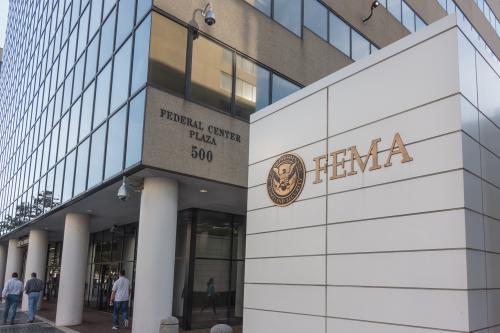Editor’s Note: This paper was prepared for the 2009 TERI-KAS International Energy Dialogue in Goa, India.
INTRODUCTION
The energy world is abuzz with talk of a nuclear renaissance. With an increasingly resource-hungry planet desperate for a source of reliable, emissions-free power and the disaster at Chernobyl and the accident at Three Mile Island receding into distant memory, the idea of an expansion in atomic energy is enjoying a comeback in policymaking and industry circles.
Following a decades-long lull in the rate of construction of nuclear power stations, a new generation of politicians faced with rising concerns over energy security and carbon emissions is taking a fresh look at a revamped nuclear industry, itself replete with a new generation of reactors and a new-found sense of confidence. While the rhetoric of a new nuclear dawn increases, the reality lags a little behind. Dogged by an ageing nuclear fleet based on cold war-era technology, intractable waste-management issues, formidable regulatory challenges, and a charged geopolitical climate, the nuclear industry has plenty of issues to concern itself with, even before it considers the daunting financial, regulatory, and logistical challenges involved in a major commercial expansion.
This paper addresses the security concerns associated with an expansion of nuclear power. After examining the validity of the concept of a nuclear renaissance and the energy context in which any such phenomenon will take place, we address the leading technical, institutional, and geopolitical challenges facing an expanded nuclear industry in the twenty-first century.




